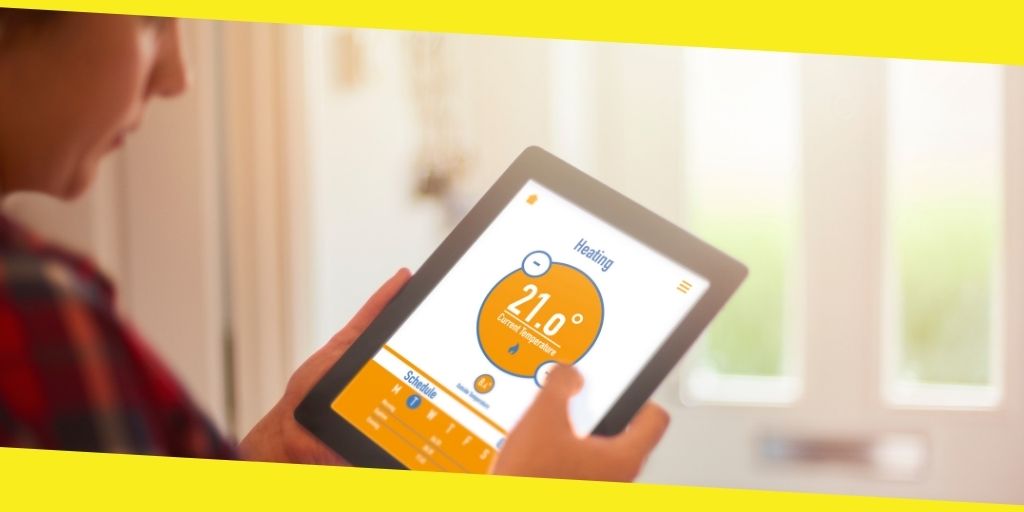
When you can order a book for same-day delivery, have someone deliver McDonald’s in a few taps on your phone, and be able to video call someone on the other side of the world in just a few seconds, why is it that the way most people use radiators and home heating feels a little bit stuck in time? Almost as if it didn’t see the turn of the century?
While most home heating is still quite old school, there are ways you can make home heating easier for you, or at least employ some not so sneaky techniques to help avoid common home heating issues. If you’re the type of person who hasn’t a clue how to program their thermostat, what the numbers on the radiator valve mean, or how to tell if a radiator is broken, I have you covered. With some help from the knowledgeable minds at Trade Radiators, who know a thing or two about radiators, here are five ways to make home heating easier for you.
1. Your room has a magic number. Work it out
What if I told you every single room in your home had a number, possibly in the thousands(!) that it needed to hit to get warm. Well, it does, and it is known as British Thermal Units (BTU). It’s a basic measurement of how much energy a room needs to get warmer by one degree. And without having to get too bogged down in the math and science, which I am not good at, it’s just good to know that you have a number you need to hit for a room to feel nice.
All radiators have a BTU rating, which will help you know if it’s the right size for a room. Even if you don’t know what BTU rating your vertical radiators currently have, measure them and compare with similar radiators online to get a rough idea.
2. Your valves are up WAY too high
Love having those radiators turned up to five? Then you’ll also love wasting energy every time you have the heating on. The higher your radiator valve is, the more it will work to reach tropical temperatures. To get an idea of just how hot you’re asking your radiators to get, give a quick google for “TRV temperature tables” and see what I mean.
When you realise that five could mean you’re asking a radiator to make your rooms 35°C every night, you’ll quickly have it down to two.
3. Your airflow is all wrong
This tip is more for people living in apartments or homes where you have vents in the floor or top of the walls. Don’t go blocking them thinking it will keep cold air out of a room. Your home needs air to move around and relies on flow so cold air can move towards radiators, rise up, and heat in the process. So don’t impede the flow. That goes doubly for people who have their couches right against the radiator.
4. You can let your radiators vent
We all like to let off some steam and vent every once in a while, and so do our radiators. It was always something of a yearly tradition in my house to try and remember where you left the radiator key before you get to bleeding each one and causing water to sputter on the wall in the process
Avoid all that with a radiator air vent. This nifty piece of kit prevents air from getting trapped and causing cold spots; ideal in the winter when you don’t want a patchy radiator.
5. You can control heating with your phone
If you can hold a phone up and see where planes flying in the sky are going, it should surely be easy to use your phone for home heating? Well, it is, as long as you upgrade your thermostat. Smart thermostats are all the rage these days, and it is easy to see why. If you like watching the central heating like a hawk, a decent smart thermostat from Google will cost less than £200 and be synced with your phone to control heating when you’re not home. Talk about fancy.
Are you looking for more quality home tips?
Thanks for reading. If you’re keen to keep the momentum going and master home maintenance, read the latest posts here.